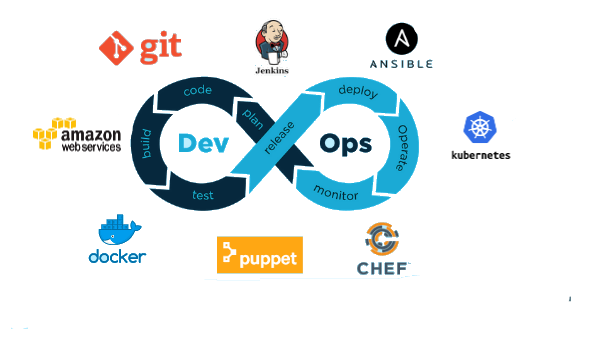Continuous Integration(CI/CD) tools
Continuous Integration/Continuous Deployment (CI/CD) is one of the features of the DevOps process, this whole process is time consuming by default. Our DevOps consultants overcome this handicap by using tools which tailor made to overcome the time constraints. Our DevOps consultants automate the entire cycle of build, provisioning, and the deployment process, Our DevOps consultants also use multiple tools, scripts, and test data to ensure rapid delivery.









